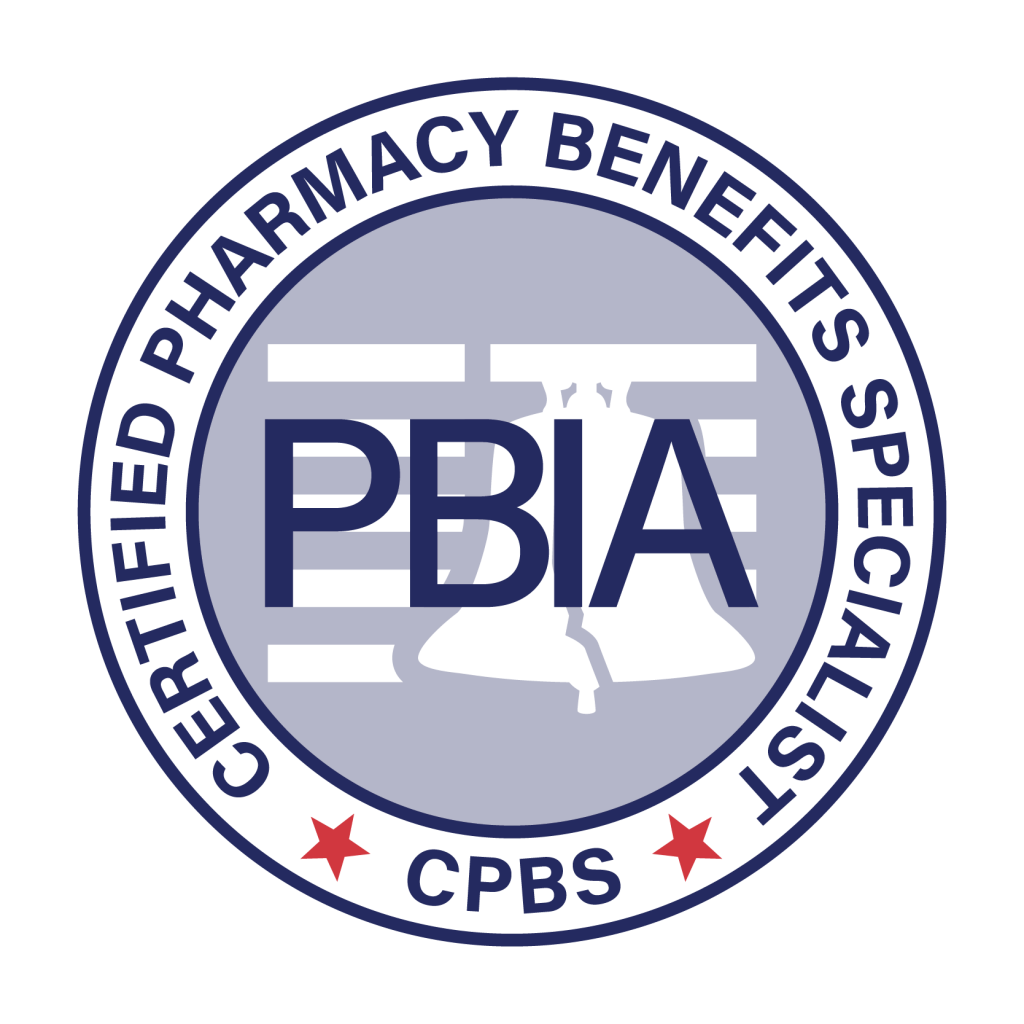What Johnson & Johnson’s Lawsuit Against SaveOnSP Means for Drug Manufacturers and Plan Sponsors and other notes from around the interweb:
- Pharmacy Benefits Manager Refuses to Provide Requested Data to State Auditor’s Office. On April 30, 2021, state lawmakers passed House Bill 1004 which required the State Auditor’s Office to hire a third-party contractor to conduct a performance audit on the prescription drug coverage of NDPERS. The third-party contractor hired was Myers and Stauffer. The reason a third-party contractor would be required for this audit was because of the complex and specialized nature of the report. NDPERS is the organization that administers benefits to state employees. One of those benefits is healthcare. Sanford Health is the entity that provides healthcare to state employees. Sanford contracts with a third-party prescription benefits manager to manage pharmacy benefits for state employees. Their main responsibility is processing and paying prescription drug claims. They also negotiate discounts and rebates with drug manufacturers, contract with pharmacies, and maintain drug formularies.
- What Johnson & Johnson’s Lawsuit Against SaveOnSP Means for Drug Manufacturers and Plan Sponsors. On January 25, 2023, the Court in Johnson & Johnson v. SaveOnSP[1] dismissed SaveOnSP’s motion to dismiss, allowing Johnson & Johnson’s (“JNJ”) claims to proceed. The Court’s recent order is a significant development, especially as several manufacturers following the JNJ’s lawsuit have updated the terms and conditions of their copay assistance programs to restrict (or exclusively carving out) copay maximizer such as SaveOnSP from their programs. JNJ alleges that SaveOnSP inflated patients’ copays by reclassifying drugs to avoid copay limits and annual out-of-pocket limits mandated by the US Affordable Care Act (“ACA”) to coerce patients into enrolling in the SaveOnSP program and bill the artificially inflated copays to JNJ’s copay assistance program. JNJ’s complaint also alleges that SaveOnSP worked in partnership with major PBM Express Scripts (“ESI”) and ESI’s specialty pharmacy Accredo Health Group to operate the program and, in turn, maximize its profits at the expense of both patients and JNJ.
- Why Now Is the Time for Health Plans to Take Control of Pharmacy Benefits. It’s worth belaboring the point: PBMs are under the watchful eye of state and federal governments. The PBM of the future isn’t a gas-guzzling, polluting SUV, for example, it is an efficient, state-of-the-art, fully customizable electric vehicle. It is regulatory compliant and uses the best technology to ensure equitable pricing methodology, financial value, and great member experience. Instead of shrouding drug pricing in secrecy, new PBM business models rely on transparency. The best way to create an efficient and fair market is to allow both the buy and sell sides of the transaction to communicate freely about how drug prices are set, rebates, and other essential information. On the compliance side, plan sponsors must recognize and understand how their health plan drives revenue for their benefits brokers and consultants (e.g., are they compensated for recommendations on pharmacy benefits or any other aspect of health benefits?). The Consolidated Appropriations Act of 2021 places new fiduciary responsibilities on entities that provide health benefits, and plan sponsors must ask their broker or consultant to disclose how they’re compensated.
- Summit County sues pharmacy benefits managers over opioid crisis. Governments, insurers, or employers typically hire pharmacy benefit managers to facilitate prescription drug programs, with the goal of reducing costs for the insured. The lawsuit, however, accuses the companies of doing the opposite. It alleges the businesses colluded with manufacturers to make opioids more available for pain treatment and by ignoring clear warning signs of addiction in patients. The companies did so to increase profits, the lawsuit said. “Whether by colluding with manufacturers to make opioids more available as a form of pain treatment or by ignoring the mounting evidence of addiction and misuse in their own claims data, [pharmacy benefits managers’] role in creating and sustaining the opioid epidemic is largely hidden from public scrutiny but nevertheless facilitated the reckless promotion of opioids by manufacturers, the oversupply of opioid shipments by distributors and the irresponsible dispensing of prescription opioids by numerous pharmacies,” the lawsuit said.
